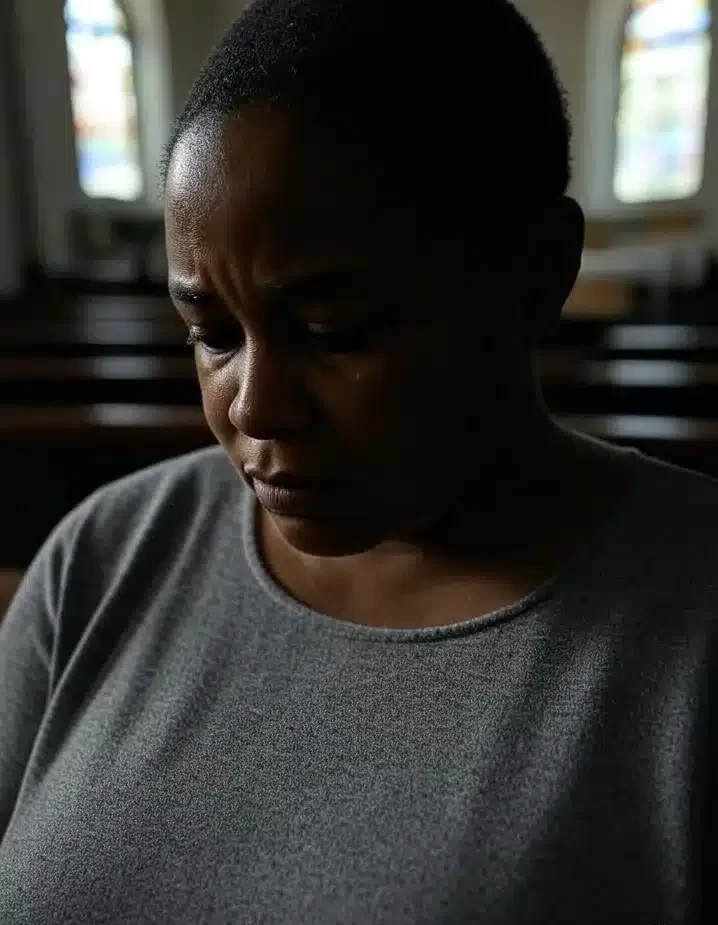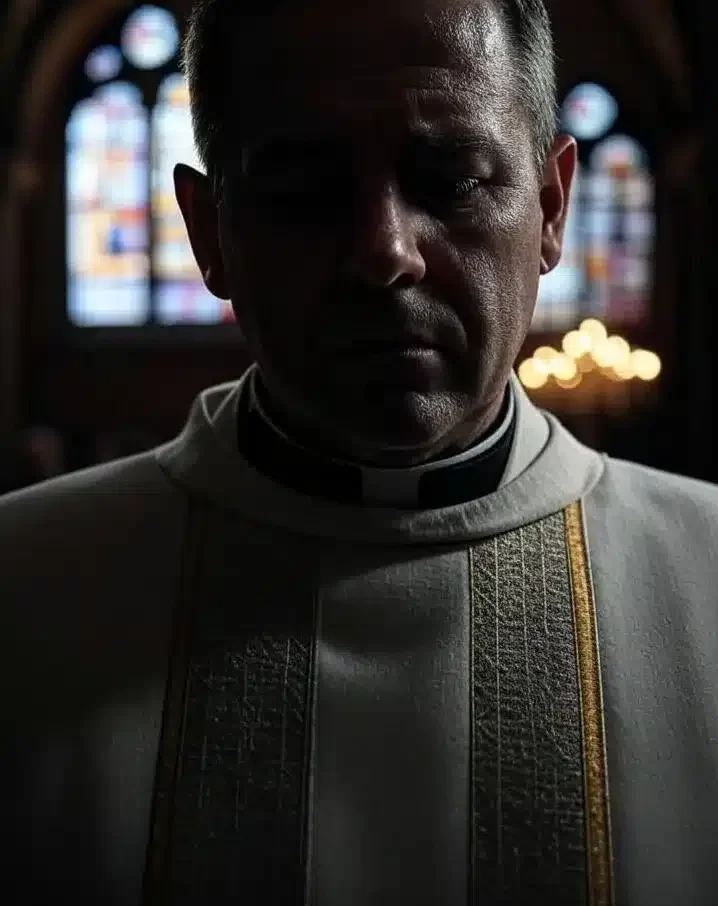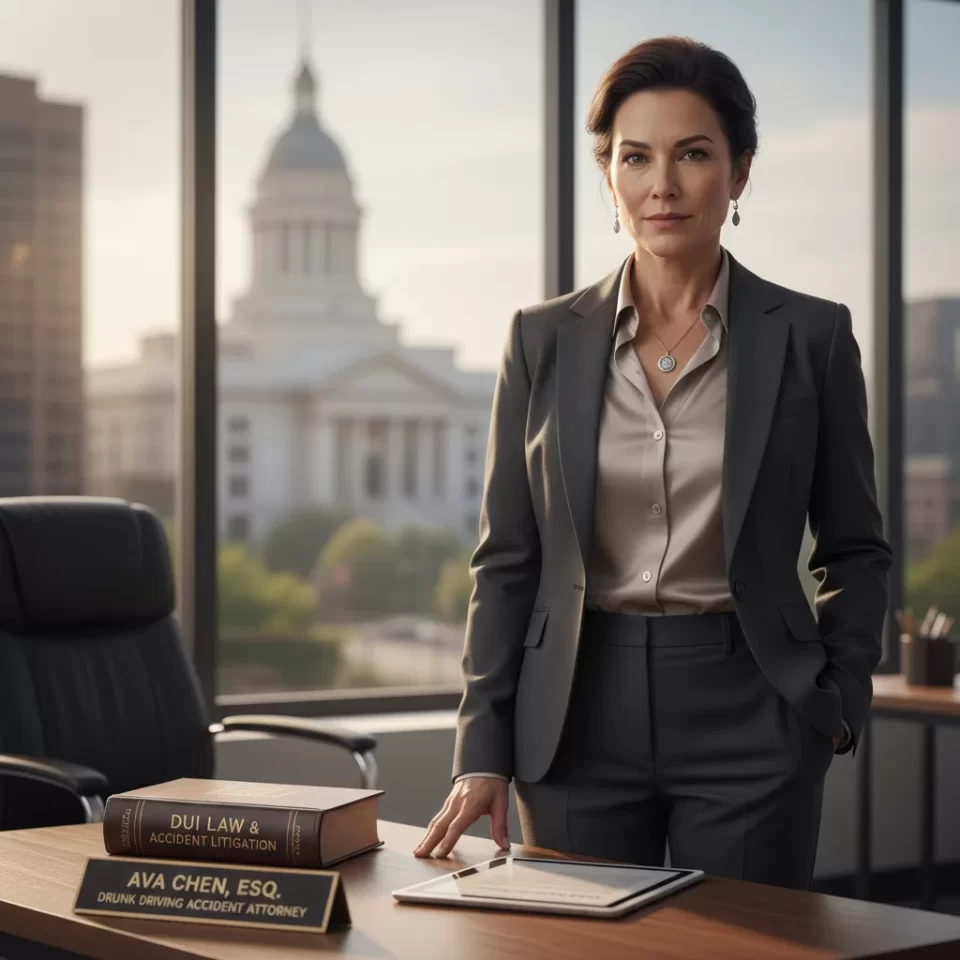- Home
- Sexual Abuse
- Catholic Church Abuse
Catholic Church Abuse
- February 13, 2026
-
Sarah Miller
- Fact Checked By Our Attorneys
Catholic Church abuse refers to situations where priests, deacons, or other Catholic clergy exploit their position of trust to harm children or vulnerable individuals. Survivors of this betrayal often endure lasting emotional, spiritual, and psychological wounds. Many cases involve child sexual abuse, grooming, or other forms of clerical sexual abuse that deeply impact lives long after the abuse ends. Across the country, more survivors are coming forward to demand accountability and justice. When child sex abuse happens in a church setting, both the abuser and the institution may be held legally responsible.
At Legal Claim Assistant, we guide survivors through their options and connect them with attorneys who can help. Learn more about sexual abuse and how you may qualify for a free, confidential case review.
No Win, No Fee. Let the Best Sex Abuse Attorneys Fight for your Compensation!
Key Takeaways:
Catholic Church abuse includes grooming, fondling, rape, and other forms of clergy sexual abuse by priests, staff, or volunteers.
Abuse within the Catholic Church represents a deep betrayal of faith and authority, with institutions frequently accused of cover-ups and failure to protect children.
Survivors may have the right to pursue civil lawsuits against dioceses, archdioceses, and other church entities, even if no criminal case was filed.
A free, confidential case review can help survivors understand if they qualify to seek justice and compensation.
Find out your eligibility in 2 minutes
If your child has been a victim of sexual abuse, you are not alone. Many families face the same fear, pain, and search for justice. Our team can connect you with experienced child sexual abuse attorneys who understand these sensitive cases, protect your child’s rights, and guide your family through filing a legal claim for the compensation and accountability you deserve.
Begin your free and confidential case review today.

What Is Catholic Church Abuse and Clergy Sexual Abuse?
Catholic Church abuse refers to sexual abuse committed by priests, deacons, or other church staff and volunteers within the Roman Catholic Church. This can include grooming, fondling, rape, sexual molestation, and other forms of exploitation of young people and abused children, often in trusted settings such as parishes, schools, or camps.
While individual Catholic priests and ordained priests may be directly responsible, the broader institution can also be held accountable. Catholic dioceses, archdioceses, and church authorities often failed to act when allegations of sexual abuse were reported, allowing credibly accused priests to be transferred to other parishes or ministries instead of removed.
These institutional failures are central to many Catholic Church sexual abuse cases and lawsuits in the United States today.
Globally, investigations revealed a widespread abuse problem, from the Pennsylvania grand jury report to a Vatican report ordered by Pope Francis. However, this page focuses on civil claims within the U.S., where survivors can pursue justice through lawsuits and multimillion dollar settlements against church officials, religious orders, and dioceses that enabled abuse.
Why Did It Happen? Patterns Seen in Cases
The Catholic Church sexual abuse scandal became one of the most notorious sex abuse scandals in modern history, in part because of how church leaders and Catholic bishops handled complaints. Instead of protecting victims, church officials often chose secrecy.
A comprehensive investigation by the Boston Globe, followed by the Pennsylvania report, uncovered patterns of clergy sex abuse that stretched across decades and involved about two thirds of dioceses in some regions.
Common patterns included:
- Moving two priests or more from parish to parish after repeated allegations.
- Ignoring complaints from victims and their families.
- Pressuring survivors into silence to avoid “bringing scandal” to the church.
- Allowing clergy abuse to continue on multiple occasions, even after priests pleaded guilty in a particular case.
In faith settings, grooming often exploited spiritual authority, isolation, and trust. Many altar boys and other young people were sexually abused under the guise of mentorship or religious service.
Holding the Church Accountable (Liability)
When clergy sexual abuse occurs, liability can extend beyond the individual perpetrator. Survivors may bring claims not only against abusive priests but also against the diocese, archdiocese, religious orders, and affiliated schools or camps that allowed harm to continue. These institutions can be held responsible for negligent hiring or supervision, failure to warn parishioners, or actively participating in a cover up.
Such cases have drawn national attention in the U.S. and in many countries, often documented through press releases, grand jury reports, and evidence gathered by attorneys general. Church leaders, including Cardinal Blase and other bishops, have faced scrutiny over how they handled allegations, sometimes minimizing or ignoring the crimes.
Learn more about Clergy Sexual Abuse, Sexual Abuse in Schools, Camp Sexual Assault, Youth Sports Sex Abuse, Boy Scout Abuse, Boarding School Abuse.

Evidence That Can Help Your Case
Building a strong claim for Catholic Church abuse does not require perfect proof. Survivor testimony often forms the foundation, supported by witness accounts, prior complaints, or documents from the parish or diocese. Additional evidence may include therapy or medical records, timelines of events, and digital communications. Records related to the church’s handling of allegations or files on Roman Catholic priests credibly accused of sexual misconduct can also strengthen a case.
Patterns of child abuse or child molestation across multiple survivors are especially powerful and have been used in past lawsuits and advocacy group reports. If you are unsure how your experience fits, reading about the signs of sexual abuse and resources on child sexual abuse can help clarify the next steps.
FREE!
Find out if you're eligible and may be eligible for compensation.
Get your Free Case Review and Maximize You Payout With the Help From Legal Claim Assistant.
Statute of Limitations (SOL) for Catholic Church Abuse
Every state has its own rules about how long survivors have to file a lawsuit. While many cases once expired under strict deadlines, new laws now provide extended or revived windows for child abuse claims. This shift reflects recognition that it often takes decades for victims of Roman Catholic priests or other clergy to speak about what happened.
A quick SOL review matters because survivors may still have options even for abuse that happened long ago. Some states reopened claims after landmark reports and investigations, while others remain limited.
In certain cases, priests or church staff have faced two counts or one count of charges years later, underscoring the importance of acting promptly. Learn more about sexual abuse lawsuit or connect with an experienced sexual abuse attorney right away will make it easier to confirm deadlines and preserve evidence.
Compensation for Catholic Church Abuse Survivors
Survivors of Catholic Church abuse may be entitled to financial compensation that reflects both the harm they endured and the lifelong impact it caused. Settlements and verdicts often include therapy and medical costs, lost income, and damages for pain and suffering. In some cases, courts also award punitive damages to hold institutions accountable for their role in covering up abuse.
The value of a claim depends on many factors such as the quality of evidence, whether the abuse involved ordained priests or church leaders, the number of victims involved, and the venue where the case is filed. While abuse scandals have also been uncovered in other religions, the Catholic Church has drawn national attention due to decades of cover-ups and multimillion-dollar settlements.
How to File a Catholic Church Abuse Lawsuit (Step-by-Step)
Filing a lawsuit against the Catholic Church can feel overwhelming, but survivors do not need to face the process alone. It begins with a free, confidential case review where an experienced attorney will check the statute of limitations and confirm which dioceses, archdioceses, or religious orders can be named as defendants.
From there, a plan is built around evidence such as survivor testimony, witness accounts, or documents that show the church’s handling of prior allegations. The next step is filing the complaint in court, with options for anonymity in many states.
Most cases then move into discovery, where both sides exchange information, followed by mediation or settlement talks. If no agreement is reached, the case may proceed to trial. Survivors who want trusted legal guidance can connect with an experienced Catholic Church Abuse Lawyers
“When those meant to protect become the source of pain, faith is shattered and trust is lost.”
The Catholic Church Sexual Abuse Scandal: What to Know
The Catholic Church sexual abuse scandal has gained national attention because of the sheer number of victims and the church’s handling of allegations. Investigations revealed widespread abuse by priests, cover-ups by church officials, and patterns of transferring credibly accused clergy rather than removing them from ministry.
Survivors across many dioceses have spoken out, supported by advocacy groups and thorough investigations such as grand jury reports. While reforms have been promised, many survivors believe true accountability comes through civil lawsuits that hold both abusers and institutions responsible.
For a more detailed look at the history and impact, see our page on the Catholic Church Sexual Abuse Scandal.
FREE!
Find out if you're eligible and may be eligible for compensation.
Get your Free Case Review and Maximize You Payout With the Help From Legal Claim Assistant.
FAQs
Can I sue if there was no criminal case or conviction?
Yes. A civil lawsuit is separate from a criminal case, and many survivors file claims even if the abuser was never charged or convicted.
Can I stay anonymous in a church abuse lawsuit?
In many states, courts allow survivors to file under a pseudonym or initials to protect their identity.
What if the abuse happened decades ago?
Some states have extended or revived the statute of limitations, giving survivors a chance to file claims even for abuse that occurred many years ago.
Can I sue a diocese that filed bankruptcy?
Yes. When dioceses declare bankruptcy, they often establish victim compensation funds as part of the process. Survivors can still submit claims.
What if my abuser is deceased or unknown to the parish now?
You may still have a case against the institution if evidence shows the abuse was connected to the church’s supervision or handling of clergy.
How Legal Claim Assistant Helps
At Legal Claim Assistant, we start by listening. Every survivor’s story matters, and our first step is always a free and confidential case review. From there, we connect survivors with experienced attorneys who have handled church abuse cases nationwide.
These lawyers know how to pursue accountability against dioceses, archdioceses, and religious orders, and they fight for the maximum compensation survivors deserve.
Our approach is survivor-focused. Whether the abuse involved ordained priests, church staff, or volunteers, we guide clients through each step with care and respect. Survivors should never feel alone our team was built with that mission in mind, much like an advocacy group co-founder who fights to give victims a voice.
Check if you qualify for a Catholic Church abuse claim with a free, confidential case review today.
You Deserve Justice. Let Us Help.
Speak with a trusted sexual abuse attorney who will stand by your side, protect your privacy, and fight for the compensation you deserve.
No Win, No Fee. Let the Best Sex Abuse Attorneys Fight for your Compensation!
Under 1 Minute
100% Free
Expert-Reviewed
Private & Secure
© 2025 Legal Claim Assistant. All Rights Reserved.
Terms of Service | Privacy Policy | Contact Us | Marketing Partners
Related Article

How a Drunk Driving Accident Attorney Can Help After a Crash

